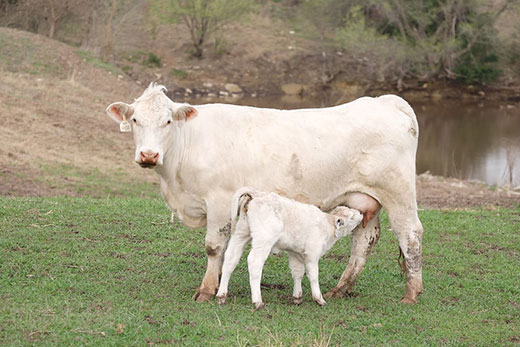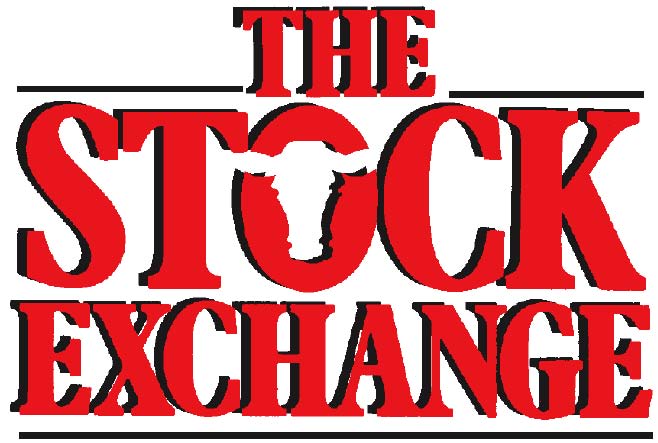
Good body condition and calving early in the season are keys to success with an AI synchronization protocol for cows. | Download this photo.
Cattle Chat: Breeding cows with artificial insemination
Kansas State beef cattle experts offer considerations for using AI in the herd
MANHATTAN, Kan. — Many beef producers ascribe to the belief that the main job of a cow on the ranch is to annually raise a healthy calf. To do that she must be bred on a regular interval post calving.
According to Kansas State University Beef Cattle Institute veterinarian Bob Larson and nutritionist Phillip Lancaster, artificial insemination is one way that producers can maintain the herd on a short calving season.
“While I highly recommend an A.I. synchronization program in heifers, with cows there are other factors that producers need to consider before making that choice,” Larson said.
Speaking on a recent Cattle Chat podcast, he explained that breeding through AI synchronization is easier to implement with heifers because they make up a smaller percentage of the herd and are females of a similar age that haven’t raised a calf.
“In order for AI to be successful with cows, producers need to have good facilities and plenty of labor available along with cows that calve within a tight window of time,” Larson said.
He said the most likely cows to get rebred through AI are ones that calve within the first 20 days of the season.
Lancaster stressed the importance of keeping the cows in good body condition and that in some programs it makes sense to segregate the cows into breeding groups based on calving date.
“With that protocol, the first group of cows are artificially inseminated 21-day intervals from the start of calving, and each group is artificially inseminated when the average time since calving is about 60 days,” Lancaster said. “Giving those cows more time to recover after calving will make a big difference in the overall AI success rate.”
Another factor for consideration is the cost of the protocols said Larson.
“Implementing synchronization protocols and AI does come with an increased cost in both supplies and labor, so it is important for producers to capture that value,” Larson said.
Some of the ways he suggested include retaining ownership in the calves through the carcass phase or capitalizing on the enhanced genetics through marketing.
“AI isn’t for everyone and producers really need to think through if it matches the goals for the cows in their own operation,” Larson said.
To hear more about this discussion, tune in to the BCI Cattle Chat podcast online.
